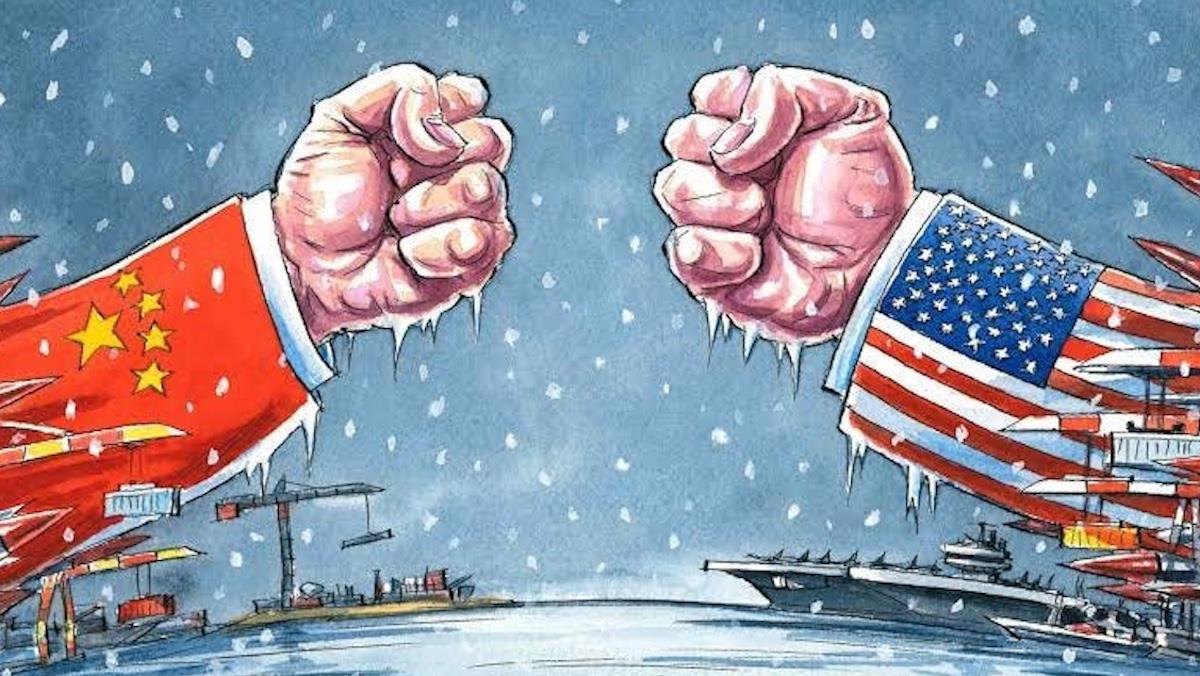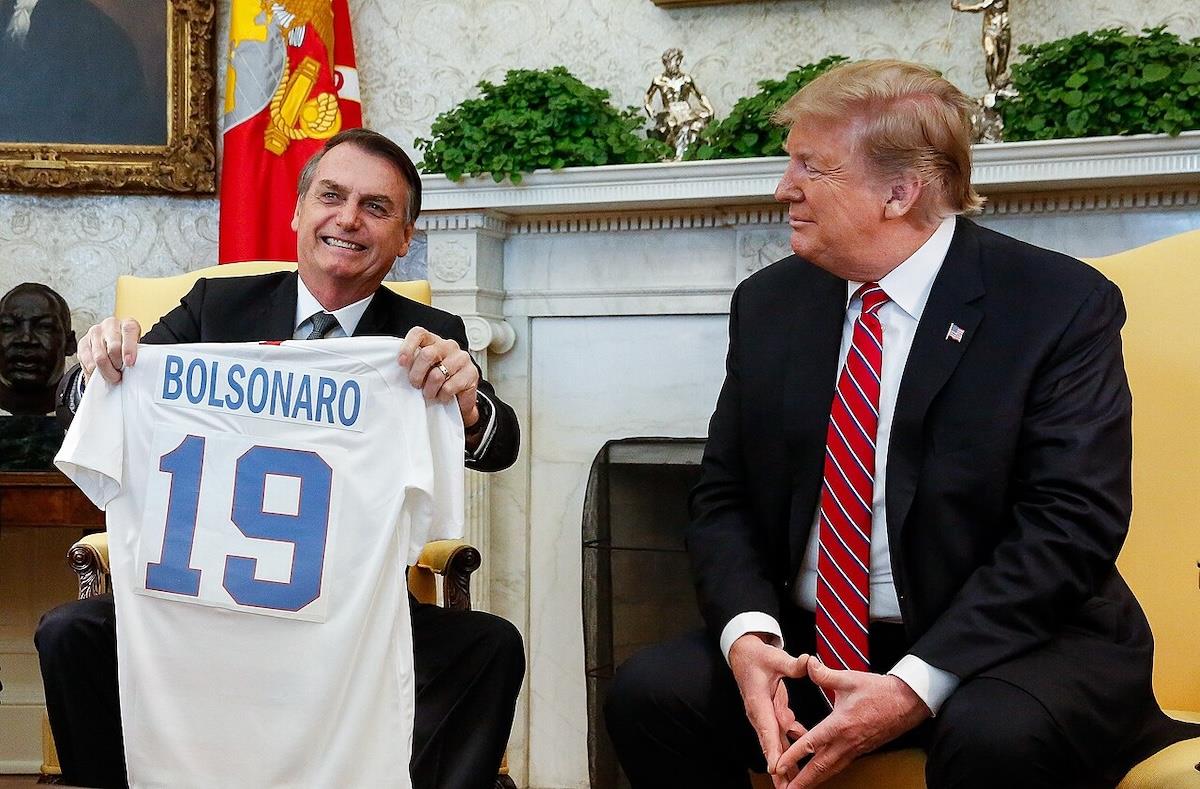Why China Could Win Its Cold War With US
The first answer is simple: Chinese industry is unmatched in the world. It operates an independent, self-sufficient production line, perhaps unlike any other nation. It can manufacture more weapons – and do so faster – than any other competitor.
The second answer is unclear. Some experts say Chinese costs are a fraction of US costs; others are doubtful. It depends on how the calculations are made-including what incentives are factored in and their details. If Chinese costs are significantly lower than American ones, the US is in big trouble. If they are roughly the same or higher, China could be in trouble.
The stakes are high because they concern America's future. The question is whether a US arms race with China could now weaken the Americans, just as the 1980s arms race with the USSR eventually broke the Soviets under President Ronald Reagan. Beijing claims it would.
Is it true? Even if not, it's believable-and that alone presents a huge challenge to America and the world. So what? The specter of an arms race might be a key reason China keeps labor costs low and is hesitant to boost domestic consumption, which would require higher wages and raise production costs.
It's about gaining market share, creating trade surpluses, advancing technological improvements and reducing industrial expenses. These are all critical elements of an arms race, especially in the Cold War scenario suggested by Beijing's recent military parade.
Low production costs – and the possibility of a reverse Reagan-like strategy – may be part of a scenario China uses to scare the US into avoiding confrontation. But it could also backfire, fueling anger among Americans and other countries against China. Still, a sense of fear remains vital in a Cold War.
But this is not the only element in the scenario. There are other elements of what was called“soft war” – issues the US now seems to be neglecting.
New Cold WarChina has also changed another aspect of today's Cold War dynamic compared to the earlier one with the Soviets. Unlike Soviet communism, which was hostile to private wealth, Chinese ideology doesn't necessarily threaten capitalists.
China doesn't want to take their wealth-rather, it promises to make them even richer. Hong Kong and Taiwanese billionaires prove this, and many US financiers have already made billions in China. They are told they can keep doing so as long as they follow the party line. For most, that doesn't concern them-and, in fact, they might even support it.
Here, there is a subtle difference regarding the role of the party. Billionaires are not part of a res publica like in capitalist countries. Rather, they operate under the protective wing of the top leader, who decides who gets the best opportunities. It runs counter to the idea of a fair, liberal market-but some capitalists, eager to corner the market, might actually prefer the recourse to state help.

Legal Disclaimer:
MENAFN provides the
information “as is” without warranty of any kind. We do not accept
any responsibility or liability for the accuracy, content, images,
videos, licenses, completeness, legality, or reliability of the information
contained in this article. If you have any complaints or copyright
issues related to this article, kindly contact the provider above.
Most popular stories
Market Research

- Spycloud Launches Consumer Idlink Product To Empower Financial Institutions To Combat Fraud With Holistic Identity Intelligence
- Japan Green Hydrogen Market Size To Reach USD 734 Million By 2033 CAGR Of 27.00%
- Primexbt Wins Global Forex Award For Best Multi-Asset Trading Platform
- Primexbt Launches Empowering Traders To Succeed Campaign, Leading A New Era Of Trading
- United States Insulin Pumps Market Forecast On Share & Demand Mapping 20252033
- Cartesian Launches First Outsourced Middle-Back-Office Offering For Digital Asset Funds


























Comments
No comment